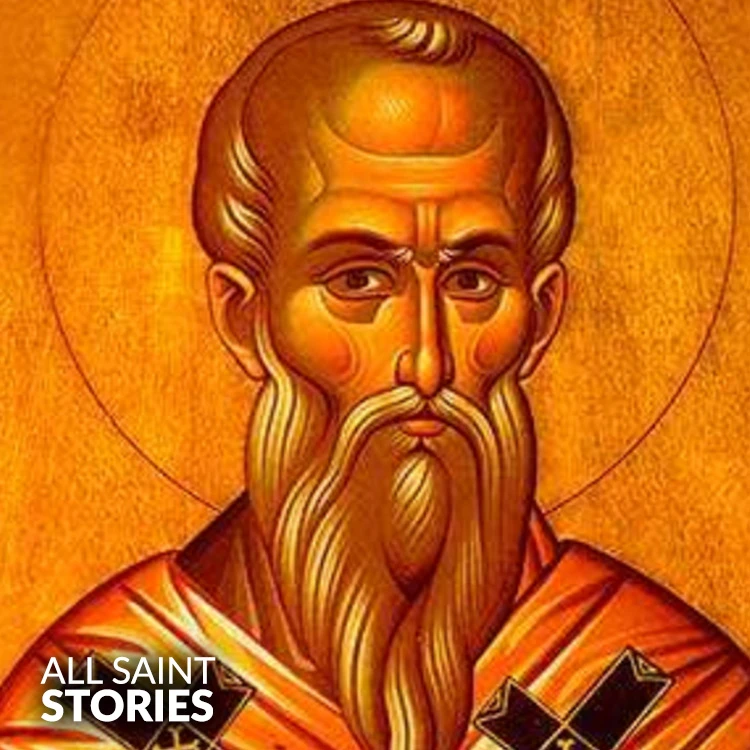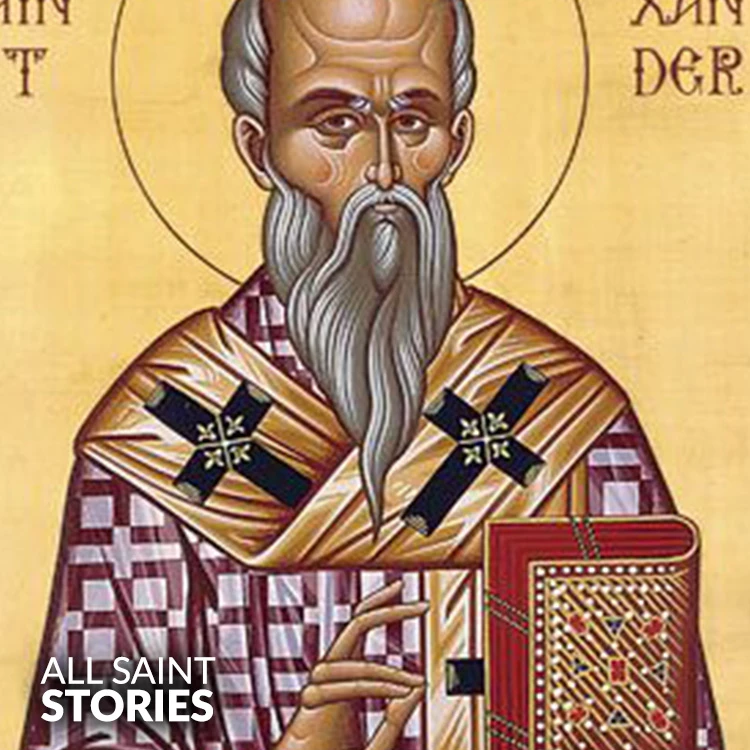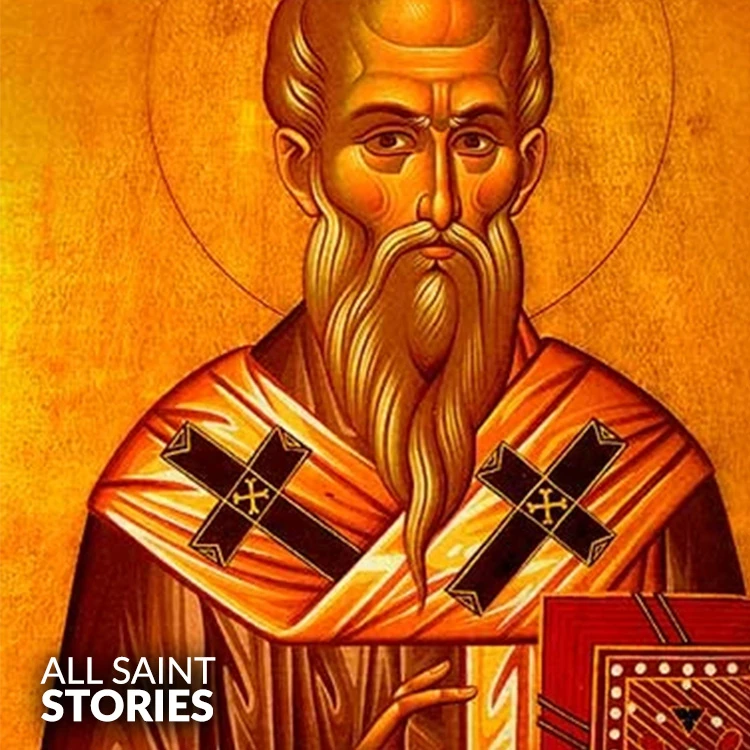"St. Alexander, faithful servant of Christ, intercede for us that we may grow in courage and strength to follow the teachings of the Gospel. Help us to remain steadfast in our faith and to serve others with love and humility. May your example of devotion inspire us daily. Through Christ our Lord. Amen."
ST. ALEXANDER (BISHOP)
ST. ALEXANDER (BISHOP)

St. Alexander of Alexandria was a prominent 4th-century bishop and an influential theologian who defended the Nicene faith against the Arian heresy. He is remembered for his leadership during a crucial period in early Christian history.
St. Alexander of Alexandria was a key figure in the early Church and is best known for his staunch opposition to Arianism, a heresy that denied the divinity of Jesus Christ. He became the Bishop of Alexandria in 313 AD, succeeding St. Achillas. Little is known about his early life or his exact birth date, but it is believed that he was born in Egypt around 250 AD.
Alexander’s episcopate was marked by the rise of the Arian controversy. The priest Arius, one of his clergy members, began teaching that Jesus Christ was not eternal and was inferior to God the Father. This belief became widely popular and threatened the unity of the early Christian Church.
St. Alexander stood firm in his defense of the orthodox Christian understanding of the Trinity, which held that Jesus Christ was fully divine and co-eternal with the Father. His opposition to Arius led to intense theological debates and ultimately played a pivotal role in the First Council of Nicaea in 325 AD, which condemned Arianism and affirmed the Nicene Creed.
Alexander was an important spiritual leader during a time when Christianity was transitioning from being persecuted to becoming a state-supported religion. His contributions helped to shape the doctrinal direction of the Church, and his defense of the faith solidified his reputation as a saint and an important theological figure in the early Church.
St. Alexander passed away on May 22, 326 AD, and was buried in Alexandria, Egypt. He is remembered for his steadfast faith, his courage in defending the Nicene orthodoxy, and his leadership during one of the most challenging periods in Christian history.
Video Not Found
The information on this website is compiled from various trusted sources. While we aim for accuracy, some details may be incomplete or contain discrepancies.
If you notice any errors or have additional information about this saint, please use the form on the left to share your suggestions. Your input helps us improve and maintain reliable content for everyone.
All submissions are reviewed carefully, and your personal details will remain confidential. Thank you for contributing to the accuracy and value of this resource.
Credits & Acknowledgments
- Anudina Visudhar (Malayalam) – Life of Saints for Everyday
by Msgr. Thomas Moothedan, M.A., D.D. - Saint Companions for Each Day
by A. J. M. Mausolfe & J. K. Mausolfe - US Catholic (Faith in Real Life) – Informational articles
- Wikipedia – General reference content and images
- Anastpaul.com – Saint images and reflections
- Pravachaka Sabdam (Malayalam) – Saint-related content and insights
We sincerely thank these authors and platforms for their valuable contributions. If we have unintentionally missed any attribution, please notify us, and we will make the correction promptly.
If you have any suggestion about ST. ALEXANDER (BISHOP)
Your suggestion will help improve the information about this saint. Your details will not be disclosed anywhere.
© 2026 Copyright @ www.allsaintstories.com




 English
English
 Italian
Italian
 French
French
 Spanish
Spanish
 Malayalam
Malayalam
 Russian
Russian
 Korean
Korean
 Sinhala
Sinhala
 Japanese
Japanese
 Arabic
Arabic
 Portuguese
Portuguese
 Bantu
Bantu
 Greek
Greek
 German
German
 Dutch
Dutch
 Filipino
Filipino